Let’s face it—finding new, nutritious food options can sometimes feel like a challenge. If you’re after something that truly stands out for its health benefits, krill might just be what you need. Krill aren’t just great for supplements—they can be eaten too! But you might be wondering, how exactly do you eat krill?
The great news is that krill offers more variety than you might expect. You can cook it, enjoy it dried, or even experiment with raw krill in certain dishes. Think of it as a lighter, more nutrient-dense alternative to shrimp. The best part?
Preparing krill isn’t complicated. Fresh krill can be boiled or sautéed and added to stir-fries, soups, or salads for a protein boost. Dried krill adds a satisfying crunch when sprinkled over noodles or rice, while raw krill brings an unexpected twist to sushi, making it both adventurous and wholesome.
With so many ways to enjoy it, krill is as adaptable as it is nutritious, ready to fit seamlessly into any meal.
Ready to give it a try? Let’s explore how to eat krill and make the most of its incredible benefits.
What is Krill Meat?
Krill meat is the edible flesh derived from krill, small, shrimp-like crustaceans primarily found in cold ocean waters, particularly in the Antarctic. Rich in omega-3 fatty acids, high-quality protein, and antioxidants like astaxanthin, krill meat is harvested for both human consumption and as a source of nutrition for animals. It is often used in various food products, supplements, and cuisines due to its nutritional benefits and sustainability as a seafood option.
How to Eat Krill ?
Krill meat may not be a common sight on the average dinner table, but it’s one of the most nutrient-dense seafood options you can find. Let’s explore some simple, delicious ways to eat krill meat.
1. Cooked Krill Meat
So, how do you eat krill meat?
One of the easiest ways to enjoy krill meat is by cooking it, much like you would with shrimp or prawns. Krill’s natural sweetness and mild flavor lend themselves well to a variety of dishes. You can sauté krill with a little garlic, olive oil, and fresh herbs for a quick, flavorful meal.
Pro Tip: Krill cooks quickly, so you won’t need much time to prepare it—just a few minutes of cooking ensures tender and flavorful results.
2. Dried Krill as a Crunchy Topping
Dried krill is a fantastic way to add flavor and texture to your meals. Similar to using dried shrimp or anchovies, dried krill can be sprinkled over rice bowls, noodles, or even salads for an added crunch and protein boost. It works great as a topping for soups, giving your dish an umami-rich kick.
For snacks, think of krill as a savory alternative to croutons or nuts. It’s a subtle way to sneak in some extra omega-3s and protein without much effort. Whether you use it as a seasoning or snack, dried krill brings a deliciously savory flavor to the table.
3. Krill in Sushi or Sashimi
For those who enjoy raw seafood, krill can be used in sushi or sashimi dishes. Its tender texture and slightly sweet flavor make it a great addition to traditional rolls or poke bowls. If you’re feeling adventurous, raw krill can be paired with avocado, cucumber, and rice for a fresh, vibrant sushi roll. Think of it as an exciting alternative to shrimp or salmon.
Note: Always ensure that any krill consumed raw is sourced from a reputable supplier to ensure freshness and safety, much like any other seafood.
4. Krill Powder for Smoothies or Soups
Krill powder is another form that’s gaining popularity, especially in the health-conscious community. This finely ground powder, made from dried krill, can easily be added to smoothies, soups, or even baked goods to boost your omega-3 intake without altering the flavor significantly. It’s a convenient option for people looking to get the nutritional benefits of krill without making drastic changes to their meals.
5. Krill Meat in Stir-Fries
If you’re a fan of quick, nutrient-dense meals, try adding krill meat to your favorite stir-fry recipe. It pairs well with vegetables, noodles, or rice, and its delicate texture makes it easy to incorporate. It’s a dish that’s both flavorful and incredibly healthy, perfect for busy weeknights when you need something fast yet nutritious.
6. Krill Meat in Soups and Stews
Krill meat works wonderfully in hearty soups and stews. Its delicate flavor complements broths well, absorbing the seasonings and adding a natural seafood richness to the dish. Whether you’re preparing a seafood chowder or a miso soup, adding krill gives your dish an extra layer of flavor and nutrition.
Can You Eat Krill Raw?
Yes, you can eat krill raw, but as long as it’s sourced from a trusted supplier. With its light, refreshing taste and impressive nutritional profile, krill is more than just a trendy food—it’s a sustainable, healthy option that fits seamlessly into your diet. When consumed raw, krill retains all of its natural nutrients, including high-quality protein, essential vitamins, and minerals.
How to Enjoy Raw Krill
If you’re wondering how to use raw krill, it’s quite versatile. Raw krill is popular in certain cuisines, particularly in coastal regions where fresh seafood is a staple. Here are a few ways to enjoy it:
- Sushi and Sashimi: Raw krill can be used in sushi, either rolled with rice and vegetables or served as sashimi with a side of soy sauce and wasabi. Its small size and mild flavor pair well with other fresh ingredients like cucumber, avocado, or seaweed.
- Ceviche: If you love ceviche, raw krill can be marinated in citrus juice like lime or lemon. The acidity “cooks” the krill, giving it a firmer texture while maintaining the fresh flavor. Add some chopped cilantro, onions, and chili for a zesty, refreshing dish.
- Poke Bowls: Incorporating raw krill into a poke bowl adds a unique twist. Its light flavor complements the richness of avocado, the crunch of fresh veggies, and the savory tang of soy-based sauces. Toss it with rice, greens, and your favorite toppings for a nutrient-packed meal.
Can you eat dried krill
Yes, you can eat dried krill; it is more than just a convenient snack or ingredient—it’s a nutritional powerhouse that fits into a wide range of diets. Dried krill, much like other dried seafood, offers a concentrated source of essential nutrients, especially omega-3 fatty acids, protein, and antioxidants. Whether you’re looking to boost your protein intake, support heart health, or simply try something new, dried krill is an easy, sustainable, and flavorful choice.
With the added benefit of being shelf-stable, it’s a food you can keep on hand for quick meals or snacks, knowing you’re making a smart choice for both your body and the environment.
How do you use dried krill in Everyday Meals
Dried krill can be eaten straight from the package or incorporated into various dishes. It’s a bit like adding dried shrimp or fish flakes to your meals—simple yet flavorful.
- Soup Enhancer: Add a handful of dried krill to soups or stews for a rich seafood flavor that develops as it rehydrates in the broth. It works particularly well in miso soup or ramen, giving an extra layer of taste.
- Salad Topper: Tired of the usual croutons? Dried krill is a nutrient-dense, crunchy alternative that pairs well with fresh greens and vinaigrettes. Each bite adds both texture and a subtle seafood flavor.
- Snack: For those who enjoy dried seafood snacks, dried krill is a healthy alternative to chips or processed foods. It’s simple, packed with protein, and can be eaten on the go without any preparation. Think of it as a crunchy, salty snack that also boosts your omega-3 intake.
Krill as a Vegan or Vegetarian Food: Can Vegans Eat Krill?
Krill has become a popular choice for its rich omega-3 content and health benefits, but is it suitable for vegans or vegetarians?
The short answer is no—Krill are tiny, shrimp-like creatures found in cold ocean waters, part of the marine food chain, consumed by fish, whales, and seabirds. While krill is incredibly nutritious it is still an animal. Vegans and vegetarians typically avoid animal products for ethical, environmental, or health reasons.
Krill, despite being small, is harvested from the wild and is, therefore, considered an animal-based food. Consuming krill goes against the core principle of these diets: to avoid exploiting or consuming animals in any form.
Alternatives to Krill for Omega-3s
If you’re following a vegan or vegetarian diet and are concerned about omega-3 intake, there are excellent plant-based alternatives to krill. These options provide EPA and DHA, the same omega-3 fatty acids found in krill, without involving animal products.
- Algae Oil: One of the best vegan sources of omega-3s, algae oil provides both EPA and DHA, making it a direct substitute for krill oil. Since algae are the original source of omega-3s in the marine food chain, it’s a highly sustainable and vegan-friendly choice.
- Flaxseeds and Chia Seeds: Rich in ALA (alpha-linolenic acid), another form of omega-3, flaxseeds and chia seeds can be easily added to smoothies, salads, or baked goods. While ALA needs to be converted into EPA and DHA by the body, these seeds are still a great way to boost your omega-3 intake naturally.
- Hemp Seeds and Walnuts: These foods are another excellent plant-based source of ALA. Incorporating them into your diet is an easy and tasty way to support brain and heart health without consuming animal products.
Nutritional Benefits of Eating Krill
Krill may be small, but its nutritional profile is mighty. Whether you’re looking to improve heart health, reduce inflammation, or boost brain function, eating krill offers numerous benefits that make it more than just another seafood option.
1. Rich Source of Omega-3 Fatty Acids
Omega-3s are essential fatty acids that your body can’t produce on its own, which makes dietary sources crucial. Krill is rich in two key omega-3s—EPA (eicosapentaenoic acid) and DHA (docosahexaenoic acid). These fatty acids supports heart health, reducing the risk of cardiovascular diseases, and helping to lower triglycerides. But what sets krill apart from other seafood is how easily your body absorbs its omega-3s.
Unlike fish oil, where omega-3s are bound to triglycerides, krill’s omega-3s are linked to phospholipids.
In simple terms, this means that your body can absorb them faster and more efficiently. So, not only are you getting the omega-3s you need, but you’re getting them in a form that maximizes their effectiveness.
2. High-Quality Protein Source
Krill is an excellent source of high-quality protein, making it a valuable addition to your diet. Protein is essential for muscle repair, immune function, and maintaining a healthy metabolism. What’s great about krill is that it provides this protein in a lean, low-calorie form. For those looking to boost their protein intake without the excess calories or fat found in other protein-rich foods, krill is a perfect option.
3. Powerful Antioxidants: Astaxanthin
One of the most unique aspects of krill is its high concentration of astaxanthin, a potent antioxidant. Astaxanthin helps protect your cells from oxidative stress, which is a leading cause of aging and many chronic diseases. In fact, it’s often called nature’s “sunscreen” because of its ability to protect cells from damage caused by UV rays. Antioxidants like astaxanthin also support immune function and skin health.
So, by eating krill, you’re not only nourishing your body from the inside out but also giving your skin some extra protection against daily wear and tear.
4. Joint Health and Inflammation Reduction
If you struggle with joint pain or inflammation, krill might be especially beneficial for you. The omega-3s in krill, along with its natural anti-inflammatory properties, can help reduce stiffness and improve joint mobility. Some studies have shown that krill oil, in particular, is effective in easing symptoms of arthritis and other inflammatory conditions. It’s like giving your body a natural anti-inflammatory boost with every bite.
5. Supports Brain Function
Omega-3s play a critical role in brain health, and krill is an excellent source. DHA, in particular, is vital for maintaining cognitive function, improving memory, and supporting mental clarity. Regular consumption of omega-3-rich foods like krill has been linked to a lower risk of cognitive decline as you age.
Think of your brain as an engine that needs the right fuel to run smoothly. Omega-3s are that fuel, and krill provides it in its most efficient form, keeping your mind sharp and focused.
6. Heart Health Benefits
The omega-3s in krill work wonders for your heart. They help reduce bad cholesterol (LDL) while increasing good cholesterol (HDL), lowering the risk of heart disease. Additionally, omega-3s are known for helping to lower blood pressure and prevent blood clots, making krill an excellent food for supporting cardiovascular health.
7. Low in Mercury
One of the common concerns with seafood is mercury contamination. Krill, however, is at the bottom of the food chain, feeding on phytoplankton, which means it doesn’t accumulate mercury the way larger fish like tuna or swordfish do. This makes krill a safer choice for regular consumption without the fear of mercury exposure.
8. Sustainable and Eco-Friendly
Krill is not just good for your body—it’s good for the planet. Krill populations are abundant, and harvesting practices are regulated to ensure minimal environmental impact. Choosing krill as part of your diet means you’re making an eco-conscious choice while nourishing your body with sustainable seafood.
Eating krill offers a wide range of nutritional benefits that go far beyond your typical seafood choices. From heart and brain health to reducing inflammation and protecting your skin, krill provides the essential nutrients your body needs in a form that’s easy to absorb and digest. It’s a small creature with a big impact, both on your health and the environment.
Krill Oil as an Alternative to Eating Krill
Krill oil has gained popularity as a convenient alternative to eating krill, offering a simple yet powerful way to tap into the health benefits of this tiny marine powerhouse. For many, the idea of incorporating krill into daily meals may not be practical, but krill oil supplements provide a simple solution without compromising on nutritional value.
Whether you’re looking to support heart health, reduce inflammation, or boost cognitive function, krill oil delivers these benefits in an easy-to-take form, making it a valuable option for those who prefer a simpler approach to nutrition.
Why Krill Oil?
Krill oil offers the same essential omega-3 fatty acids (EPA and DHA) found in whole krill, but with the added convenience of a capsule or softgel. If you’re someone who struggles to include seafood in your diet or isn’t particularly fond of its taste, krill oil provides an effective and easy-to-use alternative.
It’s a way to nourish your body with the vital nutrients found in krill, without the need for meal prep or cooking.
The real magic of krill oil lies in its unique structure. Unlike fish oil, which contains omega-3s attached to triglycerides, krill oil’s omega-3s are linked to phospholipids. This makes the nutrients more bioavailable, meaning your body can absorb and use them more efficiently.
Think of it as fueling your body with high-octane fuel—krill oil is formulated in a way that maximizes its impact.
-
Convenience Without Compromise
For busy individuals, maintaining a balanced diet can be tough. Krill oil simplifies nutrition by providing daily omega-3s without the hassle of meal prep. Instead of worrying about adding seafood to your diet, just take a krill oil capsule with your coffee or dinner. It’s a quick, no-fuss way to meet your nutrient needs while fitting into your busy routine.
-
Health Benefits Packed in a Capsule
Krill oil acts as your body’s personal shield, protecting cells and boosting overall wellness. The DHA in krill oil is a key nutrient for maintaining cognitive health and improving memory. It supports heart health, brain function, and joint flexibility, thanks to its anti-inflammatory properties and high astaxanthin content. This powerful antioxidant protects cells from oxidative stress, slows aging, and promotes skin health.
-
A Cleaner, Safer Option
Since krill are small and low on the food chain, they don’t accumulate toxins like mercury, which can be an issue with larger fish. This makes krill oil a safer and more trusted supplement for long-term use, especially if you’re concerned about mercury exposure or other contaminants commonly found in fish oil.
Who Should Consider Krill Oil?
Krill oil is an ideal alternative for those who want the benefits of omega-3s without having to eat seafood regularly. It’s especially helpful for people with dietary restrictions, busy lifestyles, or those who simply don’t enjoy the taste of fish or shellfish.
Potential Side Effects and Precautions of Krill
While krill is a nutrient-packed seafood known for its rich omega-3 content and health benefits, it’s important to be aware of potential side effects and precautions before incorporating it into your diet. Here are some key considerations when consuming krill, whether as a whole food or a supplement:
1. Allergies and Shellfish Sensitivity
Krill, like shrimp and lobster, is a crustacean. If you have a shellfish allergy, consuming krill could trigger an allergic reaction, potentially leading to symptoms like swelling, itching, hives, or difficulty breathing.
Precaution: If you’re allergic to shellfish, avoid krill or consult a healthcare provider before trying it.
2. Digestive Sensitivity
Some people may experience mild digestive issues after consuming krill, including nausea, bloating, or upset stomach. This can be particularly true if you’re new to eating krill or are consuming it in larger quantities.
Tip: Start with small portions of krill and gradually increase your intake to allow your digestive system to adjust. Consuming krill with meals may also help prevent discomfort.
3. Fishy Aftertaste
While krill generally has a mild taste compared to other seafood, some people may notice a slight aftertaste, especially if krill is part of a dish with minimal seasoning.
Tip: Incorporating krill into well-seasoned dishes like stir-fries or soups can help mask any fishy taste.
4. Impact on Blood Pressure
Krill’s natural omega-3 fatty acids can help lower blood pressure, which is beneficial for heart health. However, if you already have low blood pressure or are on medication to manage hypertension, eating large amounts of krill could lower your blood pressure too much.
Precaution: If you have low blood pressure, monitor your intake and consult a healthcare provider to ensure krill is safe for you.
5. Mercury and Toxin Concerns
Krill, being small and low on the food chain, is less likely to accumulate harmful levels of mercury and other toxins compared to larger fish. However, it’s still important to source krill from reputable, sustainable suppliers to ensure the highest quality and safety.
Tip: Choose krill products or seafood from certified, sustainable sources to minimize the risk of contaminants.
6. Overconsumption
Though krill is packed with beneficial nutrients like omega-3s, protein, and antioxidants, consuming excessive amounts can lead to unintended side effects, particularly digestive discomfort or nutrient imbalances.
Tip: Stick to moderate portions and balance your intake of krill with other healthy foods to avoid overloading your system.
7. Pregnancy and Breastfeeding
While krill can be a healthy source of omega-3s, pregnant and breastfeeding women should approach it with caution due to limited research on its effects during these stages. It’s essential to consult a healthcare provider to determine whether krill is a suitable option.
Precaution: If you’re pregnant or breastfeeding, check with your doctor before adding krill to your diet to ensure it’s safe for both you and your baby.
Conclusion
Krill offers an impressive range of health benefits, from its rich omega-3 content to its high-quality protein and powerful antioxidants like astaxanthin. Whether you’re consuming krill as a whole food or choosing krill oil supplements, it’s a versatile, nutrient-dense option that supports everything from heart health to brain function and joint mobility.
However, as with any new food or supplement, it’s important to be mindful of potential side effects, particularly if you have shellfish allergies, blood pressure concerns, or are pregnant or breastfeeding.
Ready to give krill a try? With its versatility in the kitchen and its easy-to-take supplement form, krill makes a valuable addition to a healthy, balanced lifestyle.

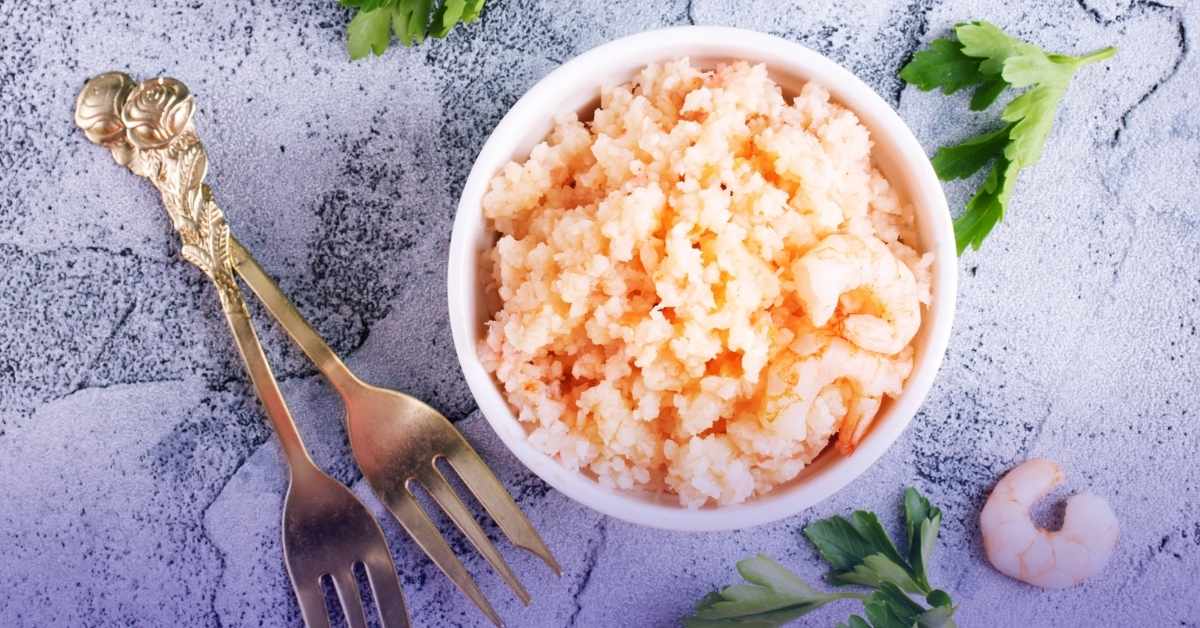
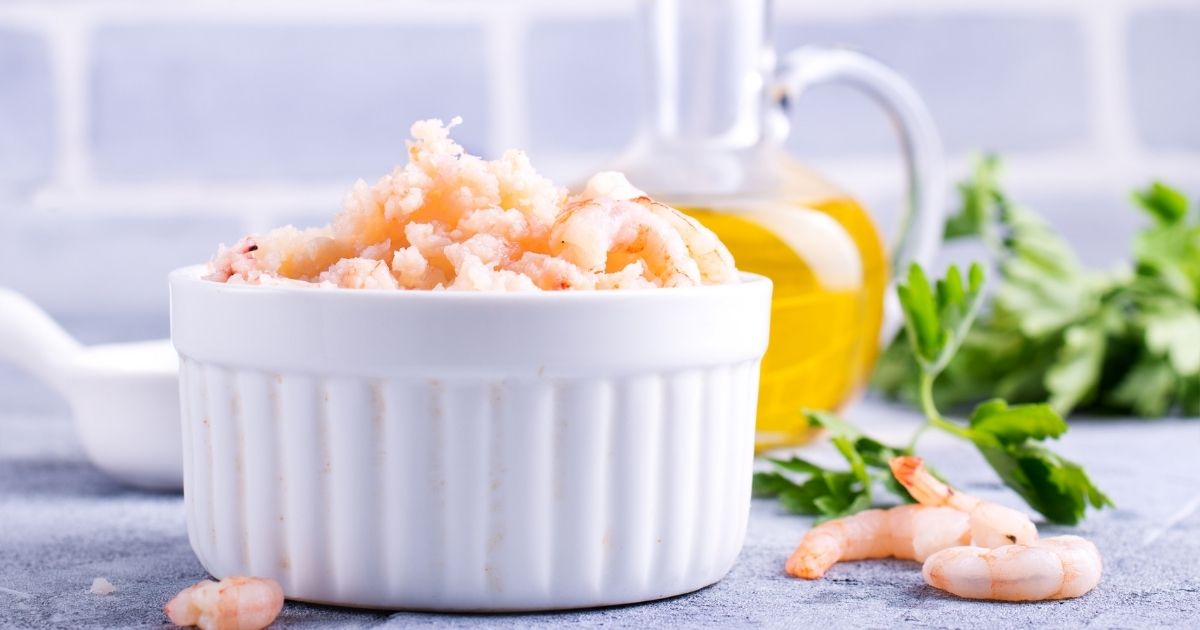
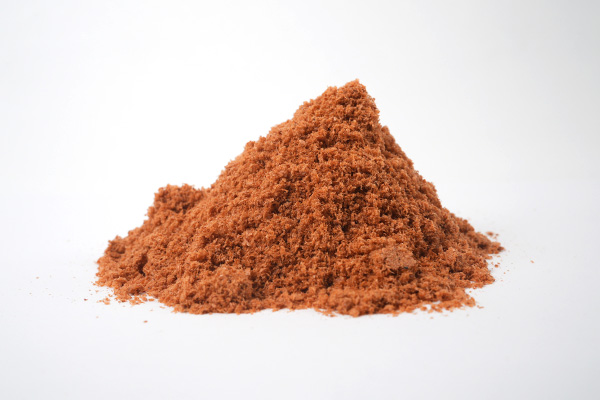
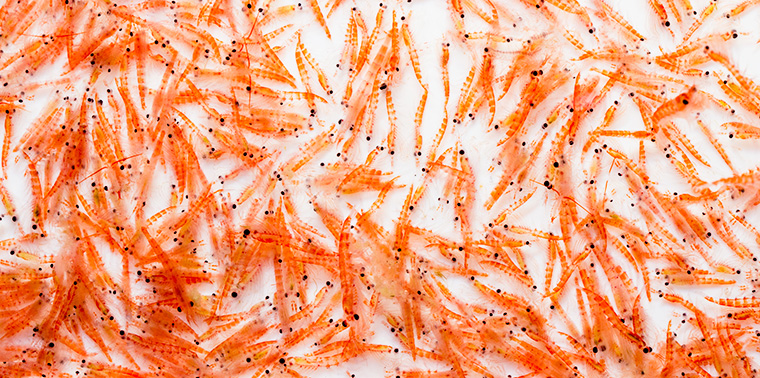


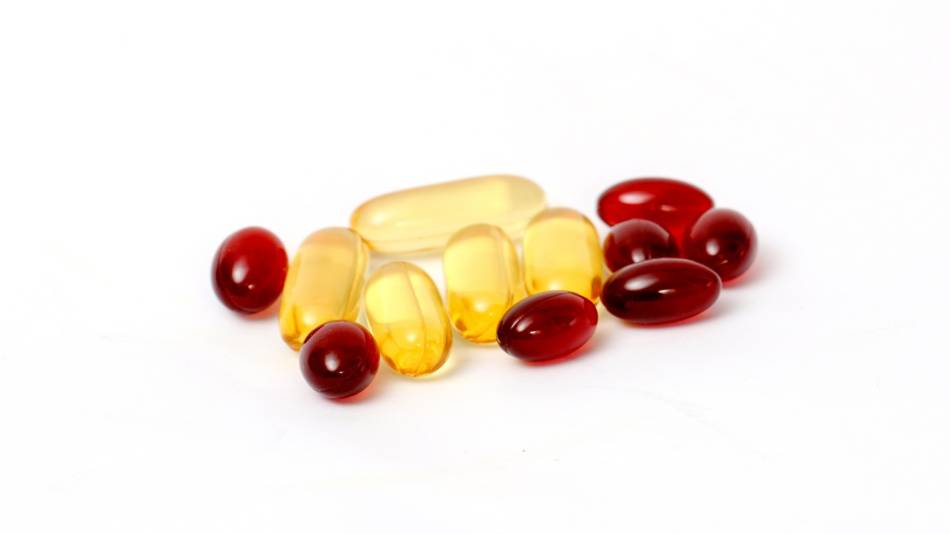






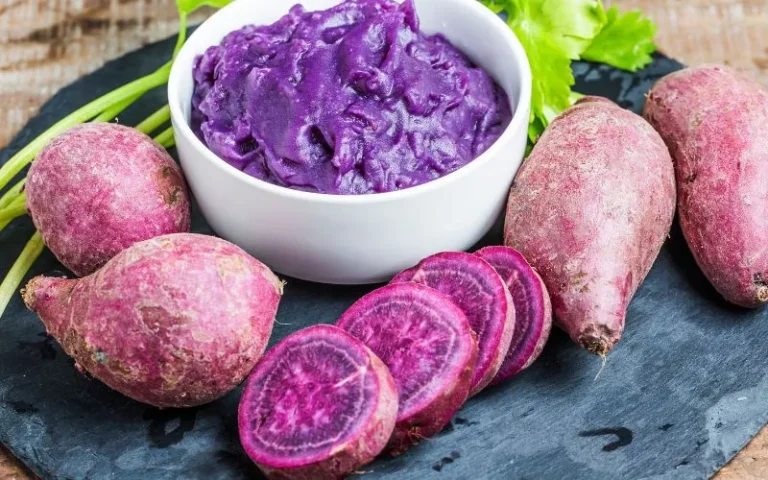
![An images of Krill Meat. [Phospholipids in Krill Meat]](https://krillarcticfoods.com/wp-content/uploads/2024/12/Phospholipids-in-Krill-Meat-768x402.jpg)